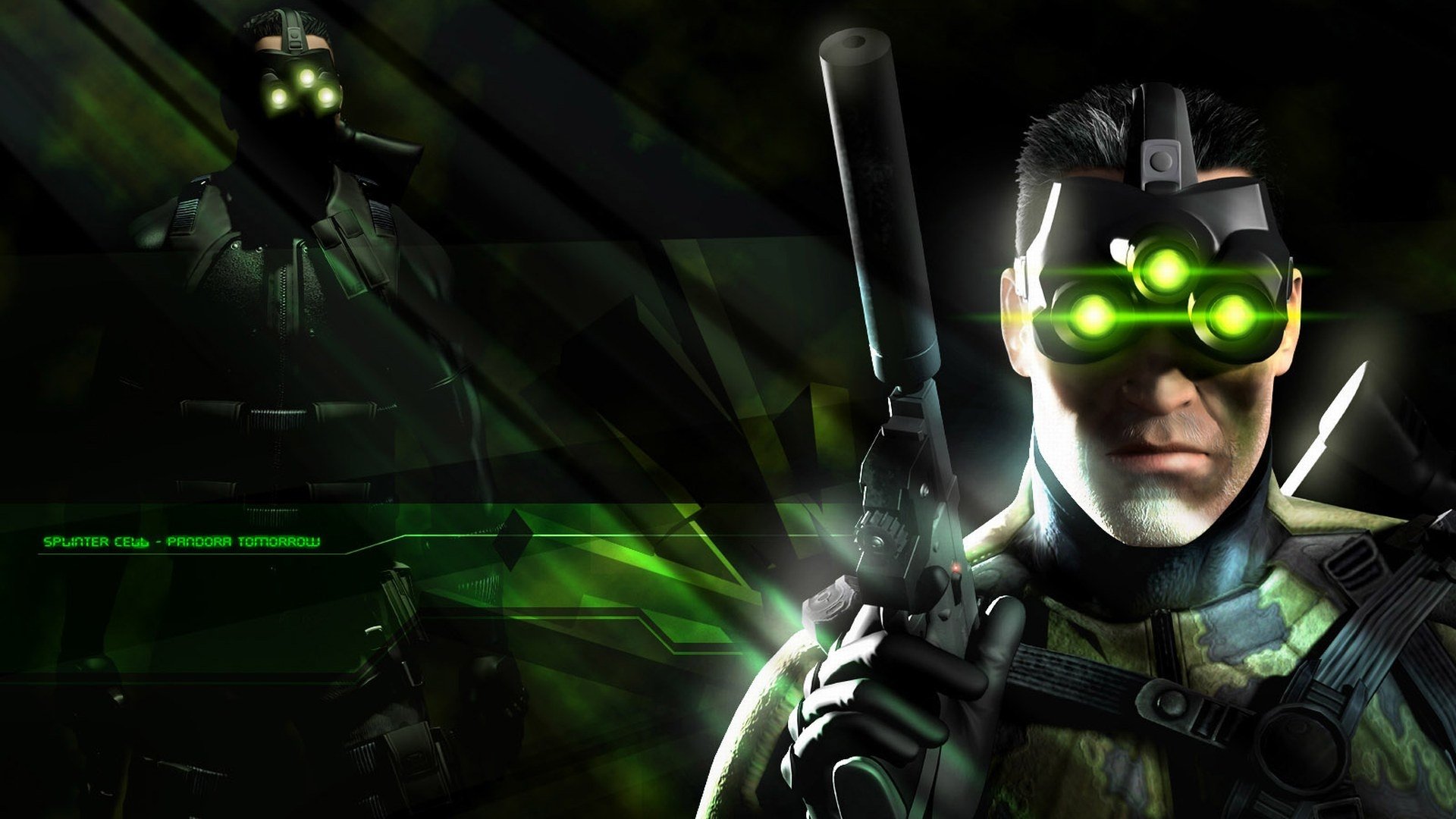Splinter Cell: Deathwatch - Radical Departure or Necessary Evolution?
Last Updated: October 21, 2025

When showrunner Derek Kolstad first announced his plan to "rip the spine out" of Splinter Cell for a Netflix animated adaptation, fans of the dormant stealth franchise were understandably apprehensive. Now that Splinter Cell: Deathwatch has premiered its eight-episode, TV-MA season, we can finally judge the results of that high-stakes creative gamble. The series delivered on its promise of a bold reimagining, but as the credits roll, the central question remains: Was this daring reinvention a necessary evolution for Sam Fisher, or a radical departure that left the series' soul behind?
Kolstad's Vision in Retrospect
Derek Kolstad, the creative force behind the kinetic John Wick film franchise, was transparent about his vision from the start. His philosophy centered on preserving the "brain and the heart" of Splinter Cell while building something new and entertaining for the medium of animation. In Deathwatch, this translated into a visceral, action-oriented narrative set decades after the events of the games.
The series pulls a legendary Sam Fisher, now a rumor in the espionage world, back into the field for a critical new mission. While the iconic trifocal goggles and tense infiltrations made their appearance, the show deliberately prioritized cinematic action and a faster pace over the methodical, patient stealth that the games are renowned for, a choice that defined its reception among viewers.
Canonicity and Creative Freedom
From its inception, the show's place in official Ubisoft canon was ambiguous. Kolstad had expressed a hope for it to be integrated, but also noted the creative negotiations required with the game publisher. Following its release, Deathwatch's official canonicity remains a subject of intense fan debate. The significant time jump and the introduction of new narrative elements place it in a flexible space, allowing it to function as a compelling standalone story without directly contradicting established game lore. This move ultimately gave the creative team the immense freedom they needed to tell their own story.
A New Audience, a New Approach
The decision to "rip the spine out" was a clear strategy to attract a broader audience, many of whom might be unfamiliar with a game franchise that has been largely inactive for over a decade. In an era where series like Netflix's own Arcane and Cyberpunk: Edgerunners have successfully translated complex game worlds into mainstream critical acclaim, Deathwatch aimed for similar heights. By de-emphasizing deep lore and complex game mechanics in favor of character-driven, high-octane espionage, the series positioned itself as an accessible entry point, not just a fan service project. The goal was to introduce a new generation to Sam Fisher's world through a binge-worthy animated thriller.
The Verdict on the Gamble
Kolstad's approach was undoubtedly a risk. For many longtime fans, the shift away from slow-burn stealth toward more explosive, John Wick-style action was jarring. The deliberate, methodical tension that defined a classic Splinter Cell mission was often replaced with fluidly animated, but decidedly louder, set pieces. This radical departure certainly polarized the core fanbase.
However, the potential reward was a visually stunning and accessible series that brought Splinter Cell roaring back into the public consciousness. It proved that the franchise's core themes of conspiracy, unchecked technology, and one-man-against-the-world espionage could thrive outside the confines of a controller, reaching an audience that may never have played the games.
Conclusion: An Evolution with Consequences
Splinter Cell: Deathwatch ultimately stands as a fascinating and divisive chapter in the franchise's history. It was the result of a clear, if controversial, vision to adapt, not just replicate. For some, it was a betrayal of the shadow-hugging principles that made the games legendary. For others, it was a necessary and thrilling evolution that breathed new life into an aging property, proving Sam Fisher could be more than just a video game icon. Whether it was a radical departure or a necessary evolution is a debate that will likely rage on, but one thing is certain: Deathwatch made Splinter Cell relevant again, and that in itself is a mission accomplished.